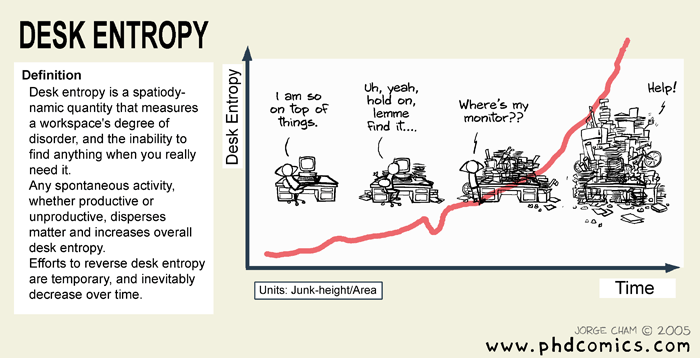
Ophélie
--Arthur RimbaudI
Sur l'onde calme et noire où dorment les étoiles
La blanche Ophélia flotte comme un grand lys,
Flotte très lentement, couchée en ses longs voiles ...
- On entend dans les bois lointains des hallalis.
Voici plus de mille ans que la triste Ophélie
Passe, fantôme blanc, sur le long fleuve noir;
Voici plus de mille ans que sa douce folie
Murmure sa romance à la brise du soir.
Le vent baise ses seins et déploie en corolle
Ses grands voiles bercés mollement par les eaux;
Les saules frissonnants pleurent sur son épaule,
Sur son grand front rêveur s'inclinent les roseaux.
II
O pâle Ophélia! belle comme la neige!
Oui, tu mourus, enfant, par un fleuve emporté!
ô pauvre Folle!
Tu te fondais à lui comme une neige au feu:
Tes grandes visions étranglaient ta parole
- Et l'Infini terrible effara ton oeil bleu!
III
- Et le Poète dit qu'aux rayons des étoiles
Tu viens chercher, la nuit, les fleurs que tu cueillis,
Et qu'il a vu sur l'eau, couchée en ses longs voiles,
La blanche Ophélia flotter, comme un grand lys.
Ophelia
-- transl: Wallace Fowlie
I
On the calm black water where the stars sleep
White Ophelia floats like a great lily ;
Floats very slowly, lying in her long veils...
For more than a thousand years sad Ophelia
Has passed, a white phantom, down the long black river.
For more than a thousand years her sweet madness
Has murmured its romance to the evening breeze.
The wind kisses her breasts and unfolds in a wreath
Her great veils cradled by the waters ;
The trembling willows weep on her shoulder,
Over her wide dreaming brow the reed bend down.
II
O pale Ophelia ! beautiful as snow !
Yes child, you died, carried off by a river !
--oh poor mad Girl !
You melted to him as snow to fire ;
Your grand visions strangled your words
- And fearful Infinity terrified your blue eye !
III
- And the poet says that under the [light] of the stars
You come [looking at night] for the flowers [that] you picked,
And that he saw on the water, lying in her long veils
White Ophelia floating, like a great lily.
欧菲莉亚
[一]
众星沉睡,死寂漆黑的水面
煞白的欧菲莉亚缓缓地漂浮着,
躺在她长长的面纱里,象一朵硕大的睡莲。
一千多年了,哀伤的欧菲莉亚,
一个白色的幽灵,沿着这黑色长河顺流而下。
一千多年了,她那甜美的癫狂,
不断地向晚风细诉着那浪漫的过往。
风,象花圈一般展开,亲吻她的乳房;
河水摇曳着她的面纱如同摇篮一样。
柳枝颤抖着在她肩上啜泣
芦苇弯过她那宽阔的梦魇中的眉端。
[二]
哦!苍白的欧菲莉亚!如雪一样白!
是的,孩子,你死了, 由河运载!
--哦,可怜的精神错乱的女孩!
你扑向他,仿佛雪花融于一簇火焰!
你远大的先知扼杀了你的言语,
--无尽的恐惧惊吓了你蔚蓝的眼!
[三]
而诗人说星光下的夜间
你来寻找你采过的花,
他看见水中,裹在长长的面纱里,
漂浮着的惨白的欧菲莉亚,象一朵硕大的睡莲。
it's a sad sad story. Ophelia. after i showed my mom the translation, i was told that my grandfather translated
Hamlet, that's why my mom remembered the part about ophelia. coincidentally, i'm translating this modern poem about Ophelia too. all of a sudden, it felt strange, like something going through the changing time and space, delivering the unchanging sorrow and astonishment.














